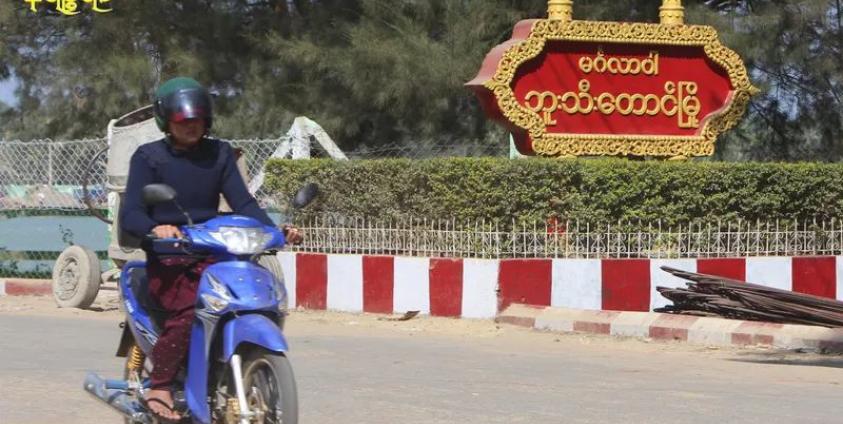The Military Council has maintained its refusal to withdraw troops from Napyochaung (Nghapyawchaung) and Phayonchaung villages, located in Rakhine State's Buthidaung Township. Their firm stance is grounded in the fact that these villages were previously captured from the Arakan Army (AA).
On November 26th of the previous year, an informal ceasefire agreement was reached between the Military Council and AA. Only a week later, at the beginning of December, the Military Council troops entered the aforementioned villages and established their presence.
Following the desertion of 4 troops from the 22nd Division stationed in the villages on April 30th of this year, the Military Council has taken a harsh stance. As of May 4th, they have forcefully driven out the villagers, preventing them from continuing to live in their native villages.
Following their takeover of the villages, the Military Council prevented local villagers from entering their homes and prohibited them from cultivating crops in the surrounding farmlands, locals told Narinjara.
Upon the villagers' request to return to their homes, the Military Council responded by asserting their refusal to relinquish control of the villages, as they had captured these settlements from AA after engaging in combat, a Phayonchaung villager who did not want to be named revealed.
"They reassured us that they would find solutions to our previous complaints, but in the end, they bluntly stated that they won't leave the villages. The soldiers claimed they took control of the villages from AA after intense clashes”, he said.
Due to the prohibition of living in their own villages and engaging in farming activities, the locals are left unemployed and face numerous hardships in their livelihoods.
According to a woman from Phayonchaung village, seeking refuge in the refugee camps opened in the urban suburbs poses many challenges for them.
"We considered seeking refuge in the town, but most of us cannot work there to earn income. Besides, the amount of rice provided in the camps won't be sufficient for us. In our native villages, food isn't a major concern as we can rely on fishing and gathering vegetables from the wild. That’s why we don't want to leave our villages, and settling in town requires a lot of money”, she said.
Due to being evicted by the Military Council, villagers who can no longer live in their own villages are finding temporary shelter with their relatives in nearby villages.
Narhinjara reached out to Rakhine State Security and Border Affairs Minister Colonel Kyaw Thura to inquire about the unjust occupation of the villages but did not receive a reply.
Phayonchaung consists of 18 households, while Napyochaung has 23, making the combined population of the two villages over 100.







